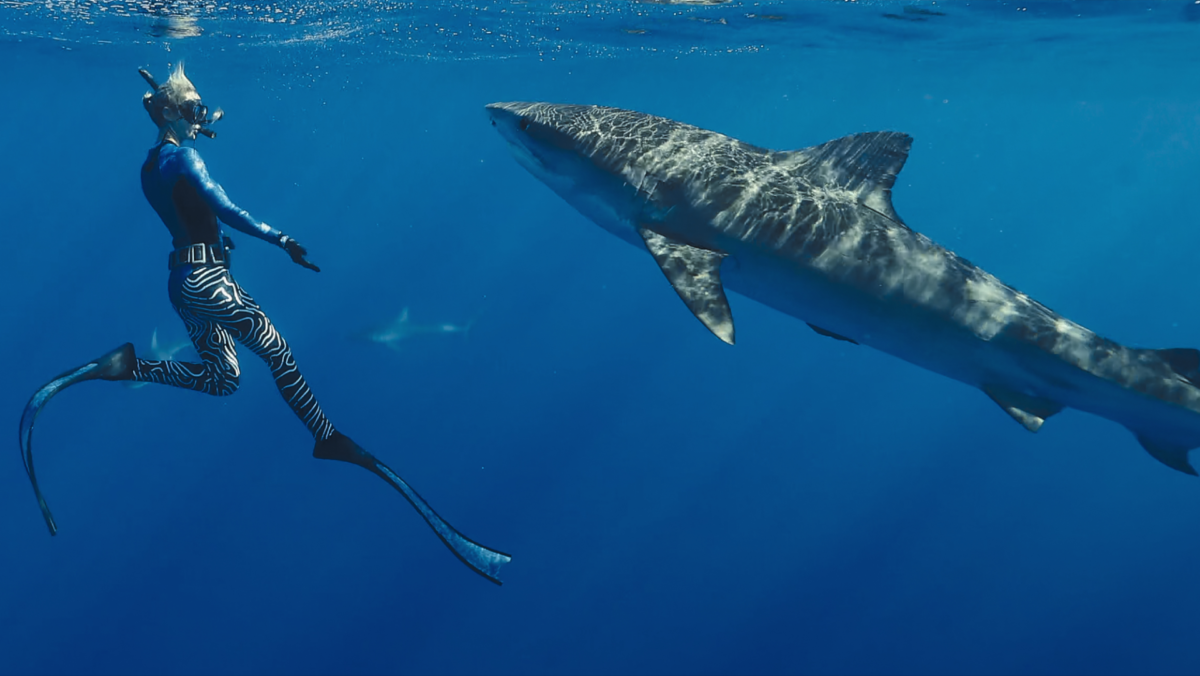A Splashy Debut that Blends Humor and Science
The summer TV schedule just got a jolt of adrenaline and laughter with the premiere of “Sharks Gone Viral: Fact Frenzy” on National Geographic. This new special isn’t your typical nature documentary. Instead, it serves up a bold cocktail of viral shark footage, witty commentary, and pop-up facts that transform casual clips into insightful explorations of shark behavior.
Hosted by a lineup of wildlife experts and comedians, the show invites viewers into the fascinating and often misunderstood world of sharks. While social media has no shortage of jaw-dropping shark clips, “Sharks Gone Viral” elevates them by adding scientific context and a good dose of humor. Think of it as America’s Funniest Home Videos, but with more teeth—and a whole lot more knowledge.
What Makes Sharks Gone Viral Different from Other Shark Week Content?
Unlike the traditional, drama-heavy shark programming that dominates much of Shark Week, this special is refreshingly light-hearted while remaining educational. The show doesn’t rely on fear tactics or exaggerated scenarios. Instead, it uses real viral videos captured by divers, beachgoers, and thrill-seekers to showcase authentic shark behaviors.
Each clip is accompanied by snappy commentary and augmented reality graphics that display fun facts on-screen. Whether it’s a nurse shark napping on the ocean floor or a great white investigating a GoPro, these moments are dissected for scientific accuracy. Viewers learn why sharks behave the way they do, how to interpret body language, and what to do (or not do) if you ever find yourself in close proximity to one.
The real magic lies in the combination of expert insights and comedic relief. Scientists like marine biologist Dr. Craig O’Connell explain key behaviors, while comedians riff on the absurdity and wonder of each moment. This dual approach keeps the show accessible and entertaining without losing its educational edge.
Who Should Watch This and Why Does It Matter?
Whether you’re a marine science enthusiast, a comedy lover, or someone who just can’t resist a good viral video, “Sharks Gone Viral” checks all the boxes. It’s perfect family viewing for summer evenings, especially for teens and adults curious about the natural world but put off by overly serious documentaries.
This show also matters because it redefines how we engage with educational TV. By leveraging viral content—something audiences are already consuming daily—National Geographic is making science feel more approachable and less intimidating. In an age where misinformation about sharks still circulates widely, this kind of content helps shift public perception.
Plus, with its slick production and smart pacing, it’s an ideal entry point for viewers new to wildlife programming. You come for the laughs but leave with a deeper appreciation for the complexity and importance of sharks in our oceans.
Is Sharks Gone Viral Here to Stay?
While “Sharks Gone Viral: Fact Frenzy” debuted as a standalone special, the positive reception suggests there’s potential for a series. Audiences are clearly hungry for infotainment that doesn’t talk down to them or sensationalize animal behavior.
Should it continue, future episodes could explore other marine animals or even extend into viral land-animal content, all through the same fun-meets-facts lens. As educational media evolves, shows like this might set a new standard for how networks like National Geographic connect with younger, digitally-savvy audiences.
One thing’s certain: sharks have never looked so fascinating—or so funny.

Open your account on Disney+ and you will have access to movies like Spiderman, Lightyear, Cruella and Pinocchio. You can also watch Star Wars series like The Mandalorian, Andor and The Book of Boba Fett.



















